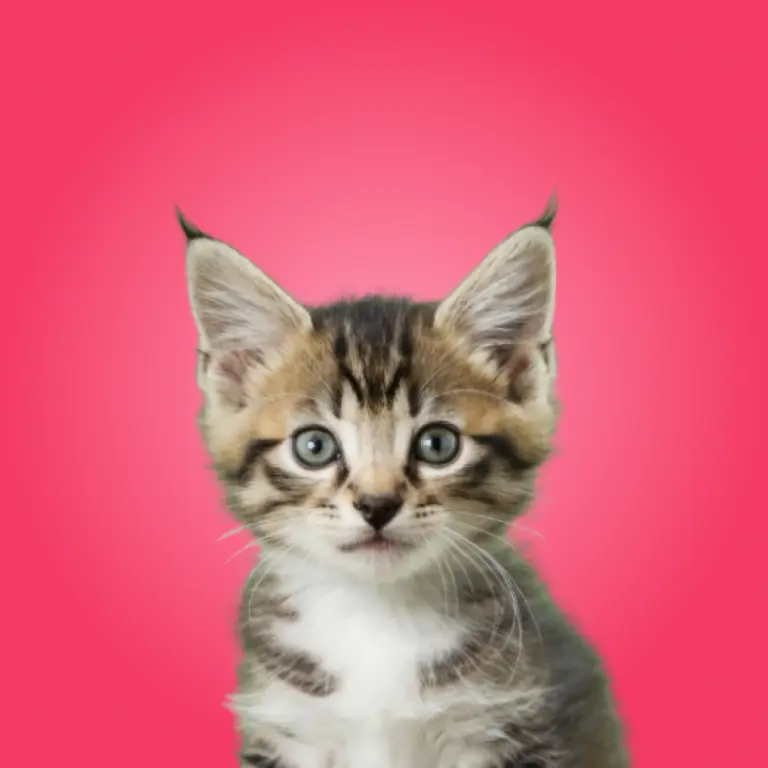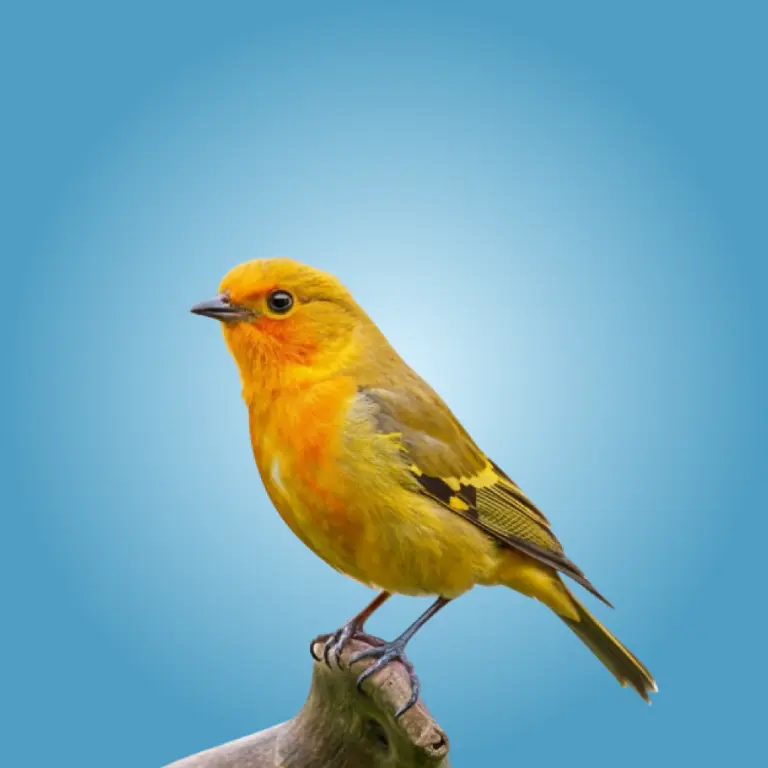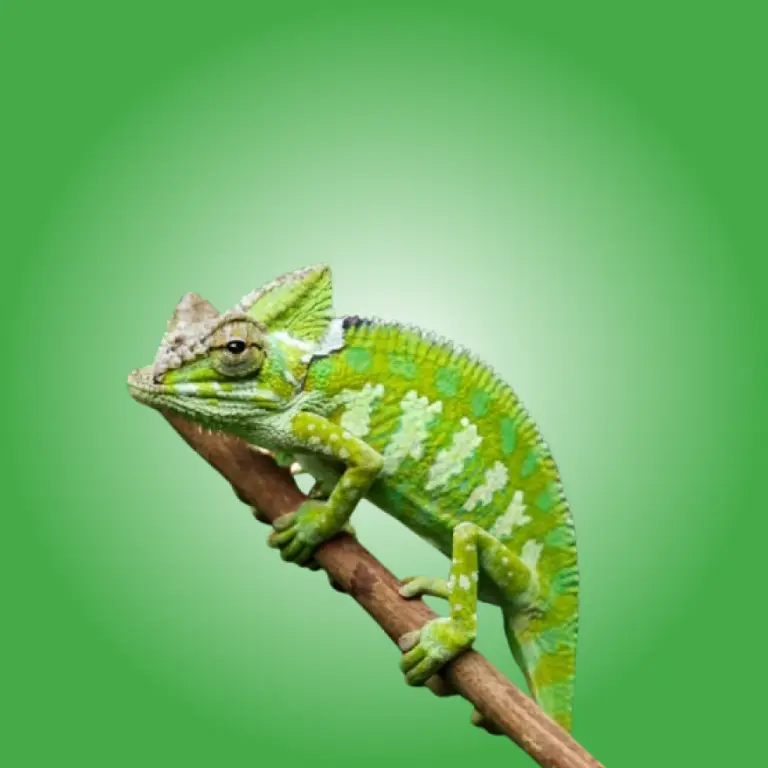If you’re a cat lover like me, you’ve probably wondered, “Is goat’s milk good for cats?”
So, is goat’s milk good for cats? The short answer is: it depends.
After all, it’s natural to want to pamper our furry companions with treats that feel special and nutritious.
so lets find the answer if they are good or not. and also all sorts of stuffs related to it.
The Nutritional Profile of Goat’s Milk
Goat’s milk is often praised for being a healthier alternative to cow’s milk, even for humans. But what about cats? Here’s what you need to know:
- Lactose Content: Goat’s milk contains about 4.1% lactose, slightly lower than cow’s milk (around 4.7%). While that may seem like a small difference, it’s worth noting that many adult cats are lactose intolerant, meaning they lack the enzyme lactase needed to digest lactose.
- High Nutritional Value: Goat’s milk is rich in vitamins like A, B1, B2, and B6, as well as minerals such as calcium, magnesium, and potassium. These nutrients support bone health, nerve function, and overall well-being—but only when consumed in moderation.
- Digestibility: Goat’s milk is often easier to digest because its fat molecules are smaller than those in cow’s milk. However, that doesn’t mean it’s a one-size-fits-all solution for cats.

Potential Benefits of Goat’s Milk for Cats
While goat’s milk isn’t a staple food for cats, it can have some advantages when given as an occasional treat:
- Hydration Boost: Goat’s milk is about 88% water, which can help keep your cat hydrated—especially if they’re not big water drinkers.
- Soothing for Sensitive Stomachs: Some pet parents report that their cats tolerate goat’s milk better than cow’s milk, likely due to its lower allergenic proteins.
- Probiotics: Some goat’s milk products are enriched with probiotics, which can support gut health.
The Risks of Goat’s Milk for Cats
Now, let’s get real—goat’s milk isn’t a magical superfood for cats, and there are risks to consider:
- Lactose Intolerance: Even though goat’s milk is slightly lower in lactose, most adult cats can’t digest it properly. Symptoms of lactose intolerance include diarrhea, bloating, and stomach discomfort.
- Calorie Overload: At about 68 calories per 100 ml, goat’s milk can quickly add up, especially for a small cat. Over time, too many calories can lead to weight gain.
- Imbalanced Diet: Cats are obligate carnivores, meaning they rely on a diet primarily composed of meat. Relying on goat’s milk—or any milk—can displace the essential nutrients they need.
How to Safely Offer Goat Milk to Your Cat
If you’re eager to try goat’s milk with your cat, here are some tips to do it safely:
- Check with Your Vet First: Always consult your veterinarian before introducing new foods to your cat’s diet.
- Choose Cat-Safe Products: Look for goat’s milk specifically formulated for pets, as these are usually lactose-free and enriched with nutrients that cats need.
- Start Small: Offer just a teaspoon to see how your cat reacts. Watch for signs of intolerance, such as diarrhea or vomiting.
- Use It as an Occasional Treat: Think of goat’s milk as a rare treat, not a dietary staple.
Alternatives to Goat Milk
If you want to spoil your cat with something special, there are safer and healthier options:
- Cat Milk: Specially formulated lactose-free milk for cats.
- Broth or Tuna Water: Low-sodium chicken or fish broth can be a tasty and hydrating treat.
- Cat-Specific Treats: Many cat treats are packed with nutrients and designed to be both safe and delicious.
The Final Verdict
So, is goat’s milk good for cats? The short answer is: it depends. While it’s not inherently toxic and might work for some cats in small amounts, the risks often outweigh the benefits. Most cats will thrive on a balanced, species-appropriate diet without the need for milk.
As loving pet parents, it’s up to us to make informed decisions. If you’re ever in doubt, always trust your vet’s guidance over internet myths. And hey, there’s no shame in spoiling your cat—just make sure it’s with treats that truly benefit their health.
























1 thought on “Is Goat’s Milk Good for Cats?”
Pingback: Can Kittens Eat Adult Cat Food? - Pet Aid Info